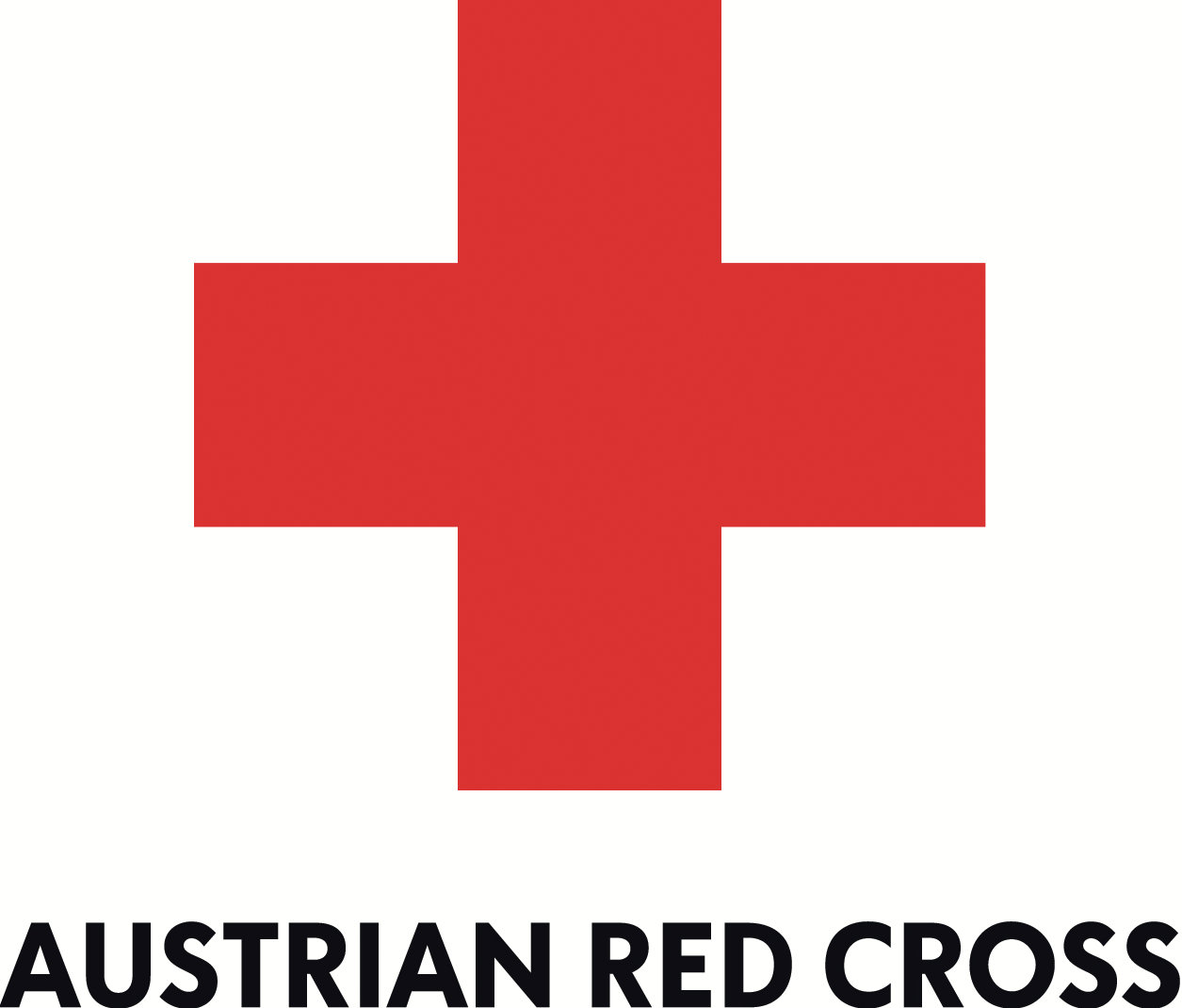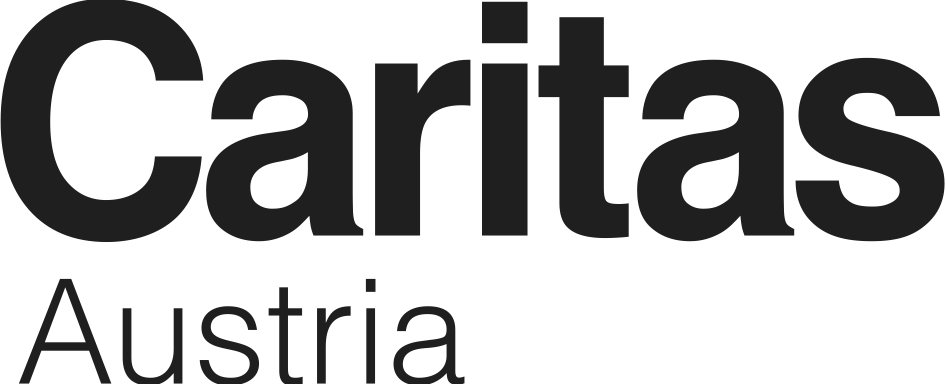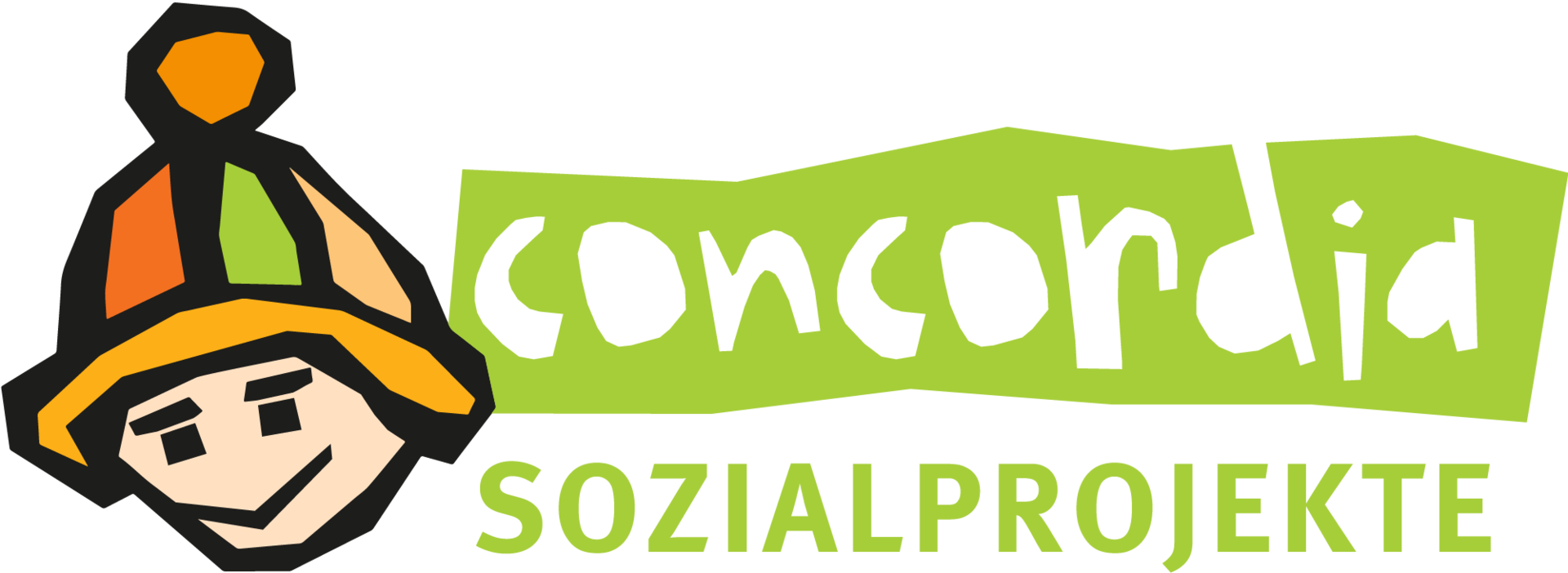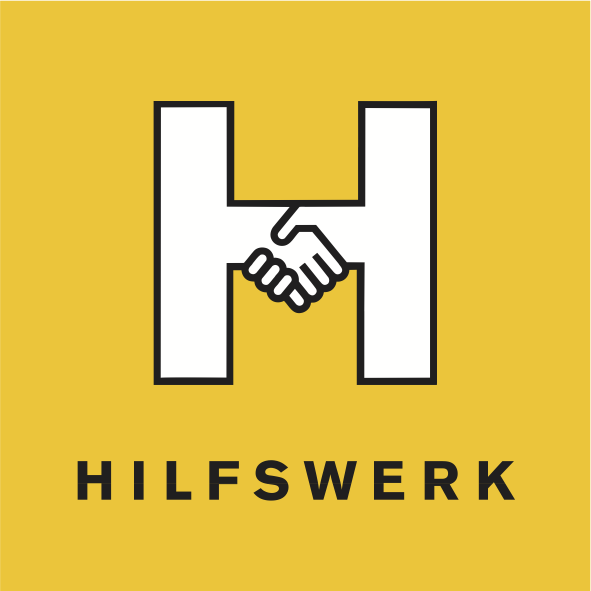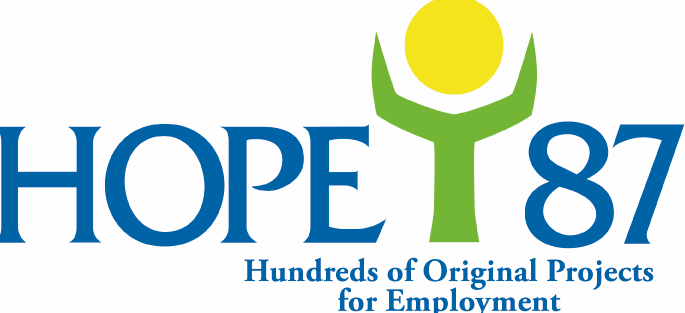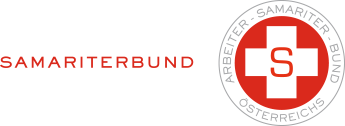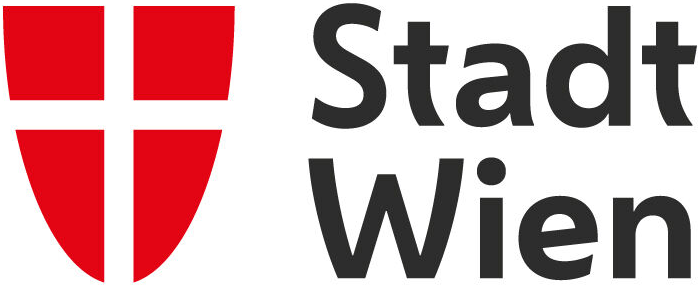In November 2016 41-year old physician Michael Kühnel from Vienna was part of the medical team aboard the Red Cross rescue ship „Responder“ in the Mediterranean. Refugees from conflict zones receive a medical check-up, blankets, food and clothes
„Last night alone we rescued more than 120 persons and provided medical aid “,Kühnel says. „At first, the boat with many women, unaccompanied minors and one toddler wasn’t visible on the radar due to the high waves – the passengers had already been at sea for days and were dehydrated, desperate and suffering from hypothermia.“
These are the distances that matter to people on a flimsy rubber dinghy: Libya is 30 kilometres behind, Italy is 360 kilometres ahead and the bottom of the Mediterranean Sea is 150 metres down below. Mediterranean rescues are deadly serious. In the space of 18 hours from 6pm 15 November, the Responder search and rescue boat rescued 870 people from the clutches of the waves. The youngest passenger this week was one-month-old Desmond, rescued with his mother Susan from Nigeria.
“Thank god we were rescued from the boat,” says 21-year-old Light from Nigeria as he sheltered on the deck of the Responder, beaten by heavy rain and gusting wind. “Otherwise we would all be dead.”
Michael Kühnel continues: „When people risk such a passage on a small overloaded boat, it means they are desperate. It’s our job to prevent them from dying on that perilous journey.”
Sometimes that is impossible, as Kühnel describes in one of his blog posts: “We have three children with us aboard the Responder; their mother was already dead when she was lifted from the rubber dinghy. That makes the three of them orphans, en route to Italy on their own – the oldest is a teenager, the youngest a baby. It is not my personal fault, but to politicians they are just a random figure. Will those three girls show up in statistics for unaccompanied minors, will they receive asylum, what will happen to them? And yet I am at fault, too… I am part of the system called the European Union and that successfully looks the other way when confronted with all those deaths in the Mediterranean.”
Credit:
Thorir Gudmundsson, IFRC
Andrea Janousek, ÖRK
Michael Kühnel

